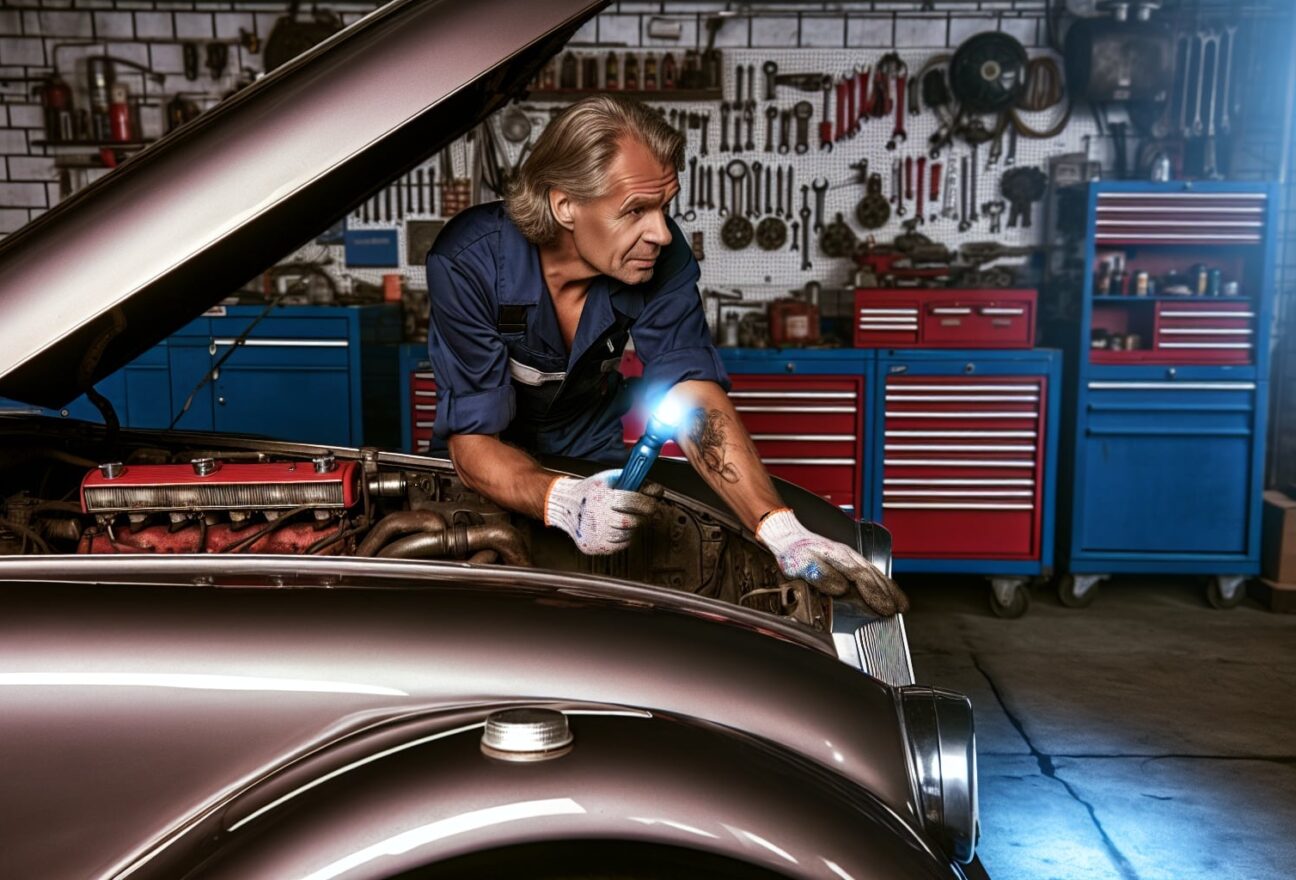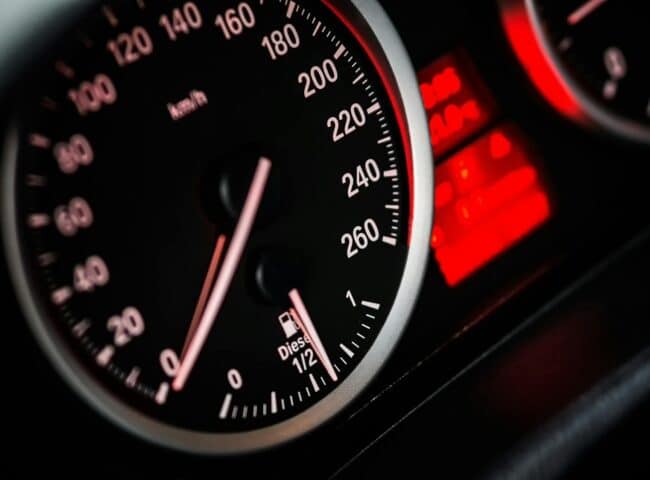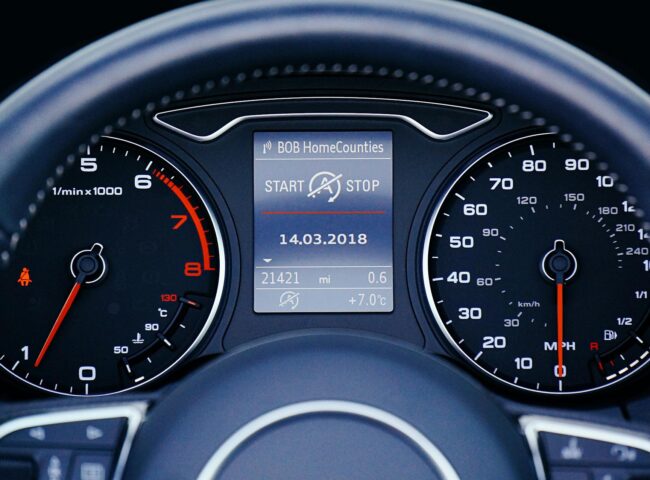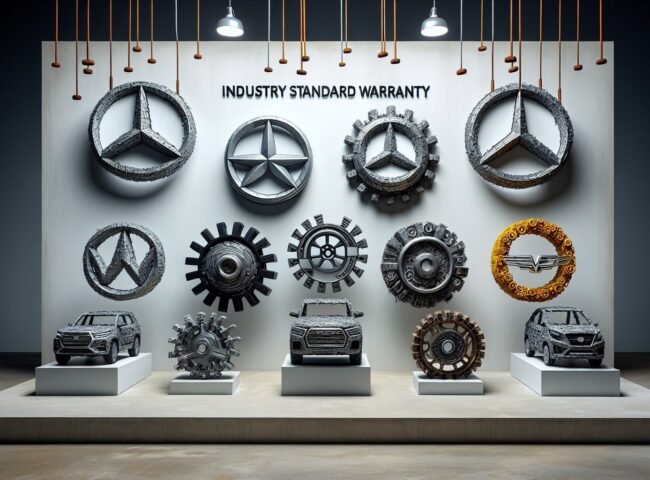How to choose the right auto warranty depends on understanding your vehicle’s specific needs and the credibility of warranty providers. In this concise guide, we’ll walk you through the essential steps—from analyzing your car’s age and mileage to comparing warranty policies and payment plans—so you can confidently invest in the warranty that suits your car, without getting lost in the fine print.
Key Takeaways
- When choosing an auto warranty, consider the age and mileage of the vehicle, usage patterns, and the type of car to determine the kind of coverage needed.
- Extended warranty options include powertrain warranties which cover essential mechanical components, bumper-to-bumper warranties for comprehensive coverage, and third-party warranties which offer varied reliability and price points.
- Before selecting an auto warranty provider, evaluate the company’s reputation, financial stability, customer service quality, and the clarity of their claims process to ensure reliable and hassle-free service.
Determining Your Auto Warranty Needs

In your quest to select an extended warranty for your car, pinpointing your specific needs is the first step. This involves considering factors such as:
- your vehicle’s age
- mileage
- usage patterns
- the type of car you own
We’ll analyze these components in detail.
Vehicle’s Age and Mileage
The age and mileage of your vehicle play a pivotal role in determining the kind of extended auto warranty you need. Older, high-mileage cars are more prone to wear and tear, leading to frequent maintenance and repairs. Consequently, they may require more comprehensive extended auto warranties coverage.
Despite the inherent stress of this process, securing the right warranty can mitigate unexpected repair costs, providing much-needed peace of mind.
Usage Patterns
Your car’s usage patterns can significantly impact the wear and tear on your vehicle. Here are some habits to be mindful of:
- Frequent hard or quick stops and starts can increase the strain on your car’s integral parts.
- Driving with a nearly empty fuel tank can lead to damage over time.
- Failing to regularly engage the parking brake can also cause damage. Such habits might affect certain makes and models more severely than others, hence influencing the type of extended warranty coverage required.
Type of Car
The make and model of your car can also influence the type of warranty coverage you require. For instance, owners of luxury or performance vehicles may opt for more comprehensive coverage due to the higher costs of repair and maintenance associated with these cars.
Furthermore, cars that are known to be less reliable might benefit from extended warranties due to their potential repair costs and frequency of issues.
Evaluating Extended Warranty Coverage Options
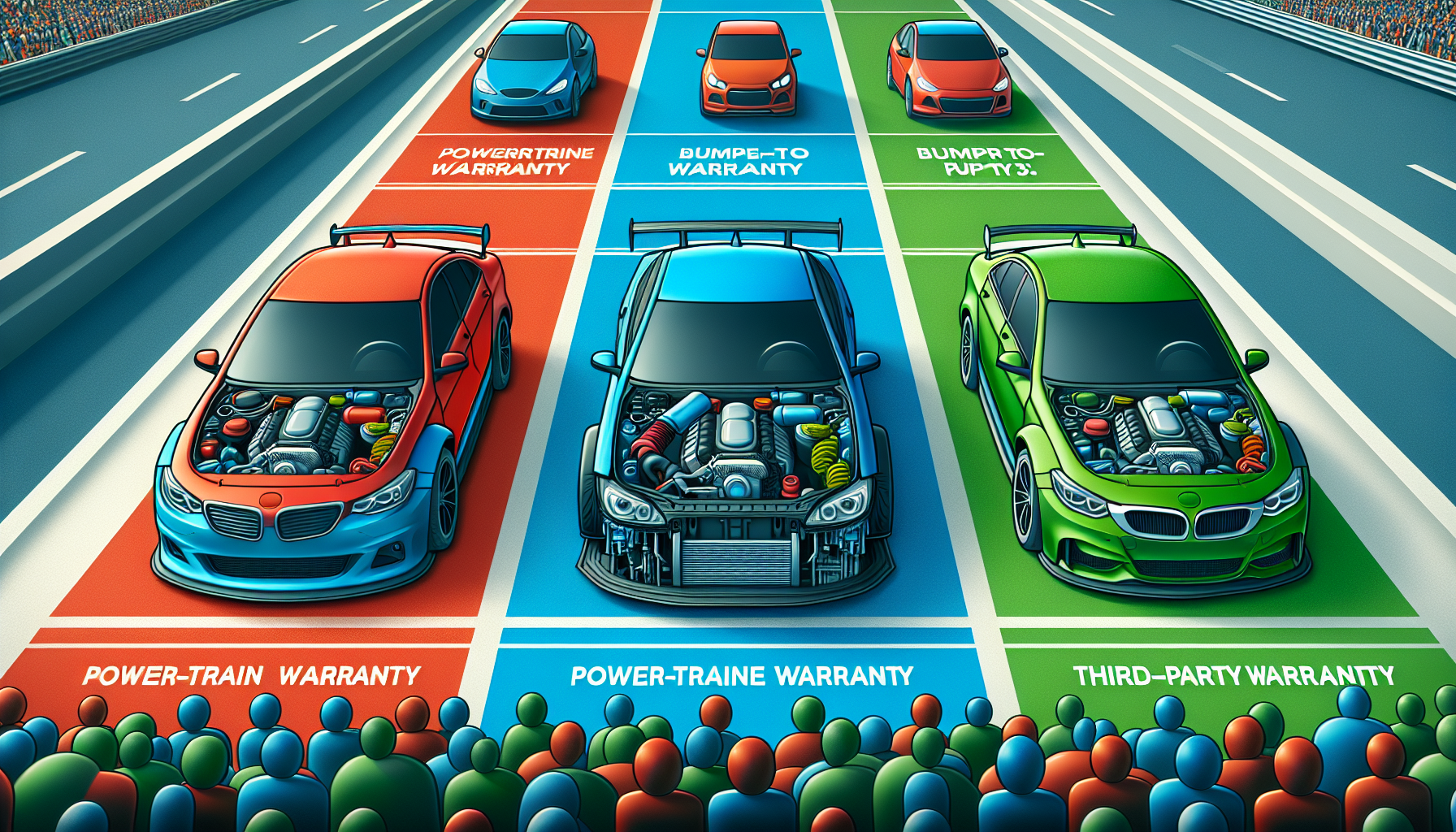
With a clear understanding of your warranty needs, you can now delve into the various coverage options. These typically range from powertrain and bumper-to-bumper warranties to third-party warranties. Each type varies in scope and type, with the choice largely depending on your vehicle’s specific needs.
We’ll now dissect each option individually.
Powertrain Warranty
A powertrain warranty covers the heart of your vehicle – the engine, transmission, and drivetrain. It includes all integral parts such as:
- Drive shafts
- Crankshaft
- Pistons
- Camshaft
- Timing belt
- Timing chain
- Cylinder head
- Valves
- Bearings
- Gaskets
- Seals
The standard coverage duration for a powertrain warranty is often around five years or 60,000 miles, but some manufacturers offer extended terms.
This type of car warranty can provide a safety net, covering critical engine, transmission, and driveline repairs at minimal or no cost to you.
Bumper-to-Bumper Warranty
As the name suggests, a bumper-to-bumper warranty provides comprehensive coverage, including almost any mechanical breakdown caused by defective parts and workmanship. This includes essential vehicle components such as:
- audio and entertainment systems
- engine
- transmission
- steering
- brakes
While it’s typically more expensive than a powertrain warranty, its extensive coverage makes it a popular choice for many car owners.
Third-Party Warranty
Third-party warranties, offered by companies other than the vehicle manufacturer, are often more cost-effective. However, they vary greatly in coverage, reliability, and price. Therefore, it’s crucial to conduct thorough research and compare different options.
While they might result in an unnecessary expense if the coverage is never utilized, they can be particularly beneficial for used car owners, providing consistent costs and coverage for critical vehicle components.
Comparing Extended Auto Warranty Companies

The selection of a warranty provider holds equal importance as the choice of warranty itself. You need a warranty company that settles claims promptly and without hassle. Thus, assessing warranty providers for their reputation, financial solidity, and quality of customer service is paramount.
We’ll now delve into each of these components.
Reputation and Ratings
A solid reputation is a good indicator of a warranty provider’s trustworthiness and quality of service. Online reviews from real customers can provide valuable insights, highlighting the strengths and potential issues with a company’s services.
You can also use resources like the Better Business Bureau to understand how a warranty provider conducts business and treats its customers.
Financial Stability
Another key factor to consider is a warranty provider’s financial stability. This is crucial to prevent situations where a company might go bankrupt, leaving you without coverage midway through the term duration. Signs of financial stability include longevity in the industry, operation across multiple states, and a strong backing of underwriters.
Customer Service and Claims Process
Finally, consider the quality of customer service. A responsive and helpful customer service team can significantly enhance your overall warranty experience. Furthermore, a clear and straightforward claims process is essential to avoid frustration during stressful breakdown situations.
Understanding this process and knowing when to escalate issues can make a significant difference.
Assessing Costs and Payment Options

Having established your warranty needs and assessed potential providers, the next step involves scrutinizing the cost. An extended warranty can provide a consistent cost over time, aiding in better financial planning for car maintenance. However, costs can vary based on coverage levels, deductibles, and the age and mileage of your vehicle.
We’ll now break down these influential factors and explore the range of payment options.
Factors Influencing Costs
The cost of an extended warranty is influenced by several factors, including:
- Comprehensive coverage levels
- Deductibles
- Age of the car
- Mileage of the car
Naturally, more comprehensive coverage levels and lower deductibles will lead to higher costs. Additionally, older cars and those with high mileage may face costlier extended warranties due to a higher risk of costly repairs.
Payment Options
Many extended warranty providers offer flexible payment options to cater to different budgeting needs, including extended warranty plans. These plans include interest-free finance options, automatic payments, and even check by phone options. However, it’s worth noting that adding the cost of an extended warranty to an auto loan can incur additional interest charges over the period of the loan.
Understanding Exclusions and Limitations
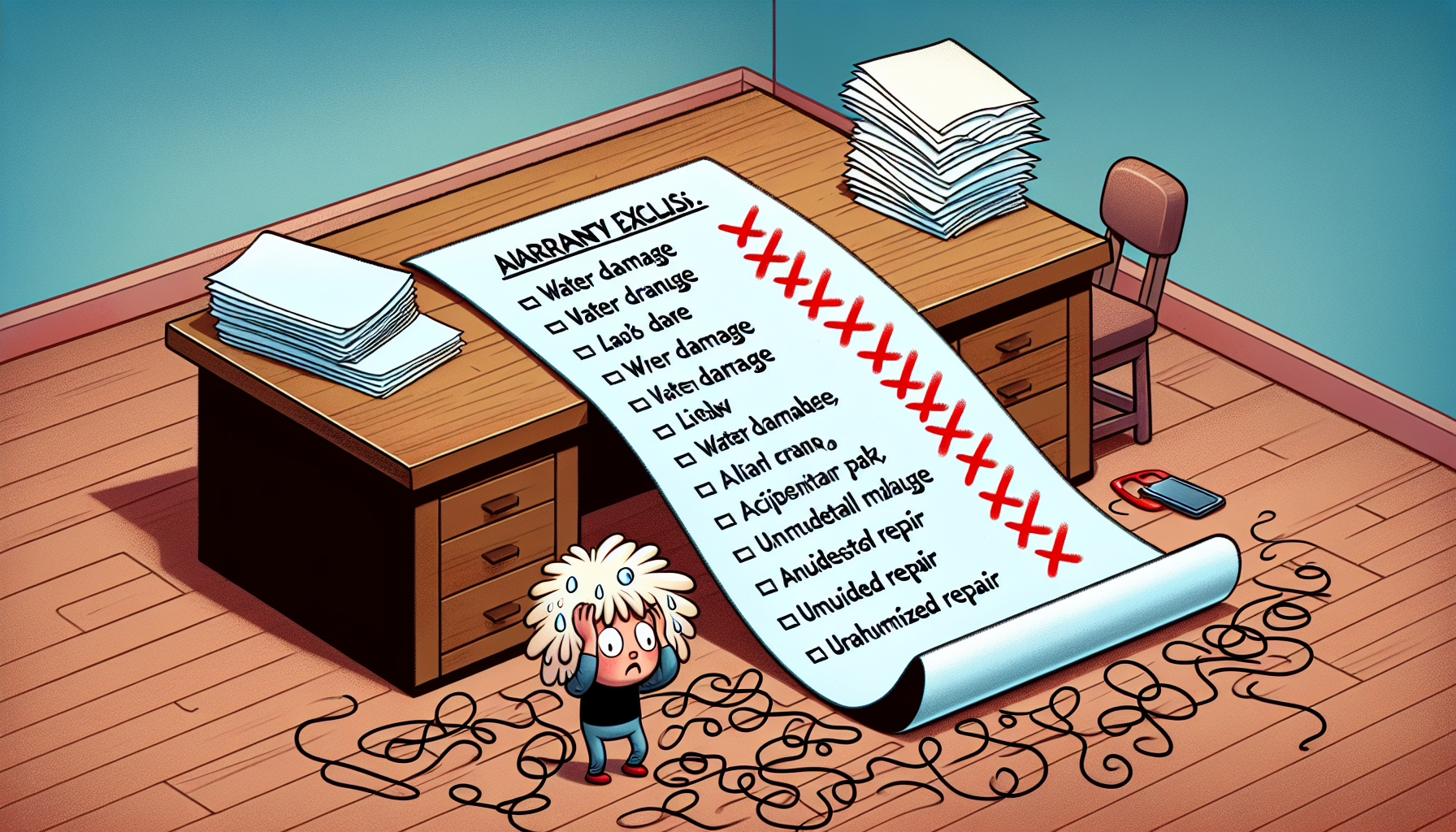
Lastly, prior to finalizing your service contract, gaining awareness of any exclusions and limitations within your warranty is vital. These can lead to surprise rejections when making a claim, causing unnecessary stress and costs.
Hence, we’ll investigate some typical exclusions and limitations that you should acquaint yourself with.
Common Exclusions
Extended warranties often exclude damages due to:
- normal wear and tear
- pre-existing damage
- vehicle misuse
- alterations made to the vehicle after the original purchase
- driving a regular commuter car off-road
- damages to safety-restraint equipment
It’s essential to thoroughly read the fine print to understand these exclusions.
Coverage Limitations
Just as there are exclusions, there can be limitations on your warranty coverage. For instance, many third-party warranties stipulate the use of authorized repair centers, and some plans may not offer coverage for vehicles beyond a certain number of miles or age. Understanding these limitations can help you avoid disappointments and frustrations when a claim arises.
Additional Perks and Benefits
Beyond covering repair costs, a multitude of auto warranty company providers, including extended warranty provider, furnish additional incentives and advantages for enhanced value. These perks, which often include roadside assistance and free maintenance services, can significantly enhance your warranty experience.
We’ll now zoom in on these extras.
Roadside Assistance
One significant perk that many extended warranties offer is roadside assistance. This service provides help for drivers anytime and anywhere when car trouble arises. It includes services like:
- flat tire replacement
- battery charging
- towing
- vehicle recovery
- minor on-site repairs
Having roadside assistance as part of your extended warranty can offer peace of mind and be more cost-effective, especially when considering an extended warranty company among various extended warranty companies.
Free Maintenance Services
Many extended warranties also include free maintenance services. These services, such as:
- oil changes
- tire rotations
- fluid checks
- brake inspections
can contribute to better vehicle maintenance and safety on the road. Furthermore, regular maintenance services can help prevent breakdowns, extend the life of the vehicle, and potentially avoid more costly repairs in the future.
Summary
Choosing the right extended warranty for your car is a crucial decision that can save you significant time, money, and stress down the line. By considering your car’s specific needs, evaluating coverage options, comparing warranty providers, and understanding costs, exclusions, and limitations, you can find a warranty that offers peace of mind and fits your budget. Remember, the best warranty is not always the most expensive one, but rather the one that best meets your individual needs and circumstances.
Frequently Asked Questions
How do you determine if a warranty is worth it?
To determine if a warranty is worth it, compare its cost to potential repair or replacement expenses, factoring in the likelihood of product failure and associated costs. This will help you assess the monetary risk involved.
How much should you spend on a car warranty?
On average, extended car warranties cost between $1,615 and $3,208, depending on factors like the vehicle type and mileage, as well as the coverage and deductible chosen by the owner. Consumer Affairs also reports an average cost of $350 to $1,000 for each year of coverage, varying by company and the specific plan chosen.
What is the difference between a powertrain warranty and a bumper-to-bumper warranty?
A powertrain warranty covers major components like the engine, transmission, and drivetrain, while a bumper-to-bumper warranty provides comprehensive coverage for almost any mechanical breakdown caused by defective parts and workmanship.
What should I look for when comparing extended auto warranty companies?
When comparing extended auto warranty companies, look for a strong reputation, financial stability, and excellent customer service. These factors are crucial for ensuring a reliable warranty provider.
What are some common exclusions and limitations in extended auto warranties?
Common exclusions in extended auto warranties often include pre-existing damage, normal wear and tear, and vehicle misuse, while coverage limitations may involve authorized repair centers and mileage or age restrictions. Be aware of these when considering an extended warranty.
